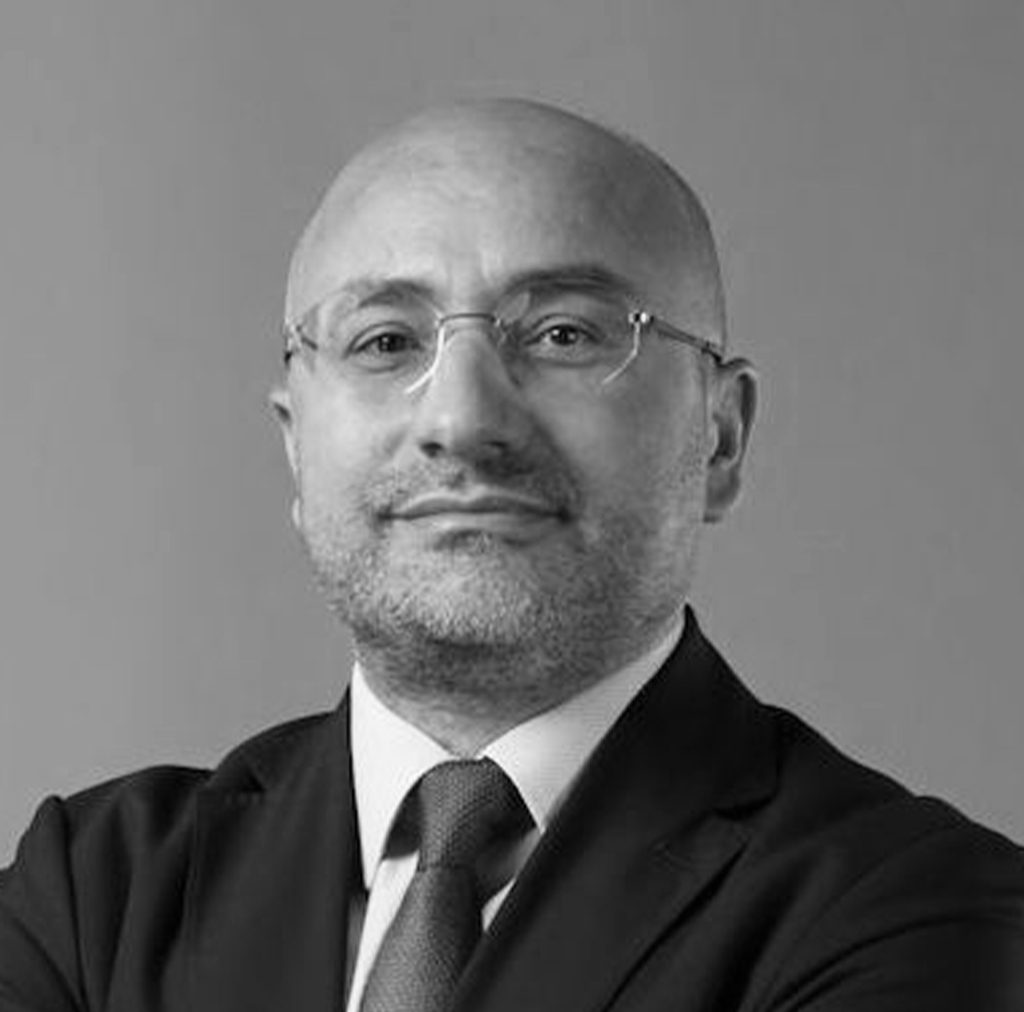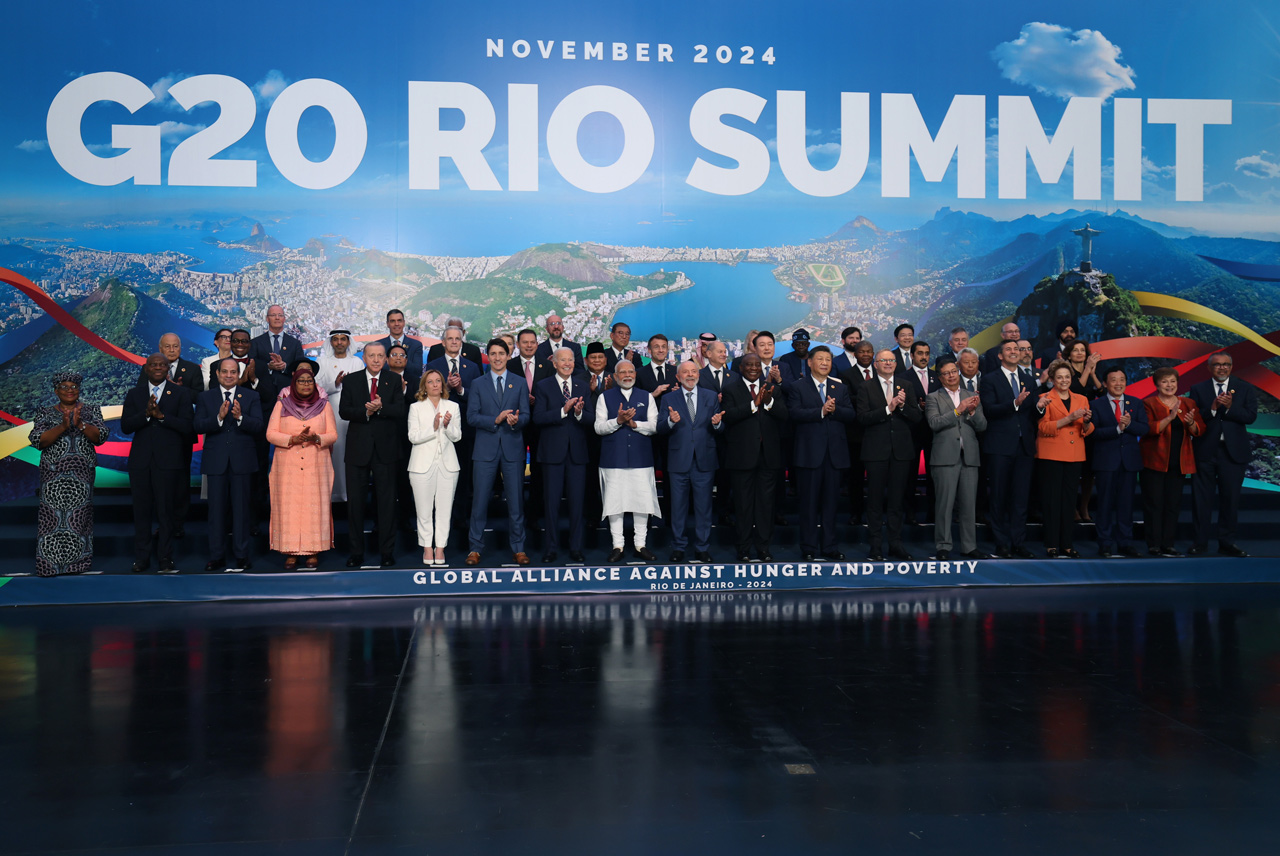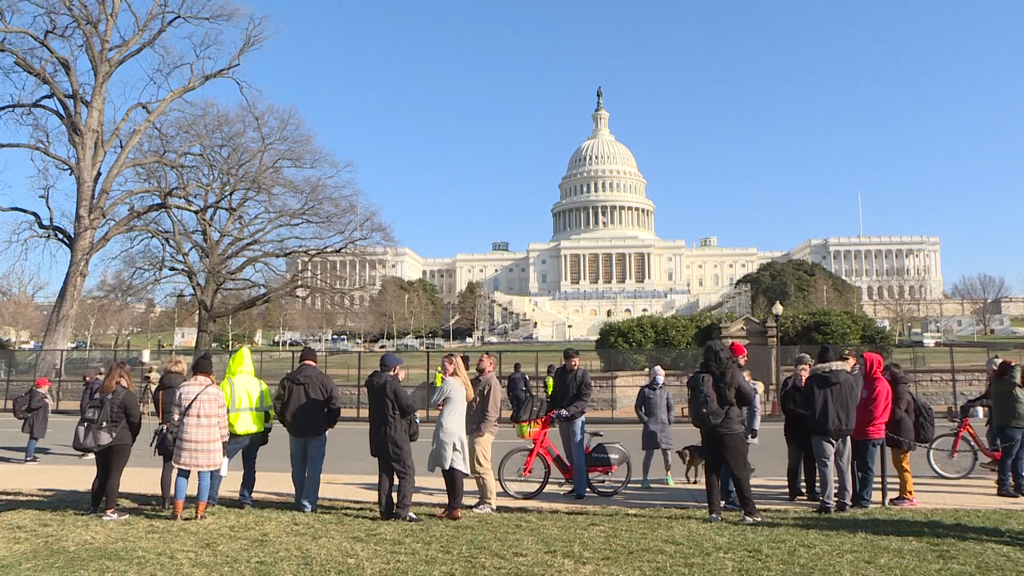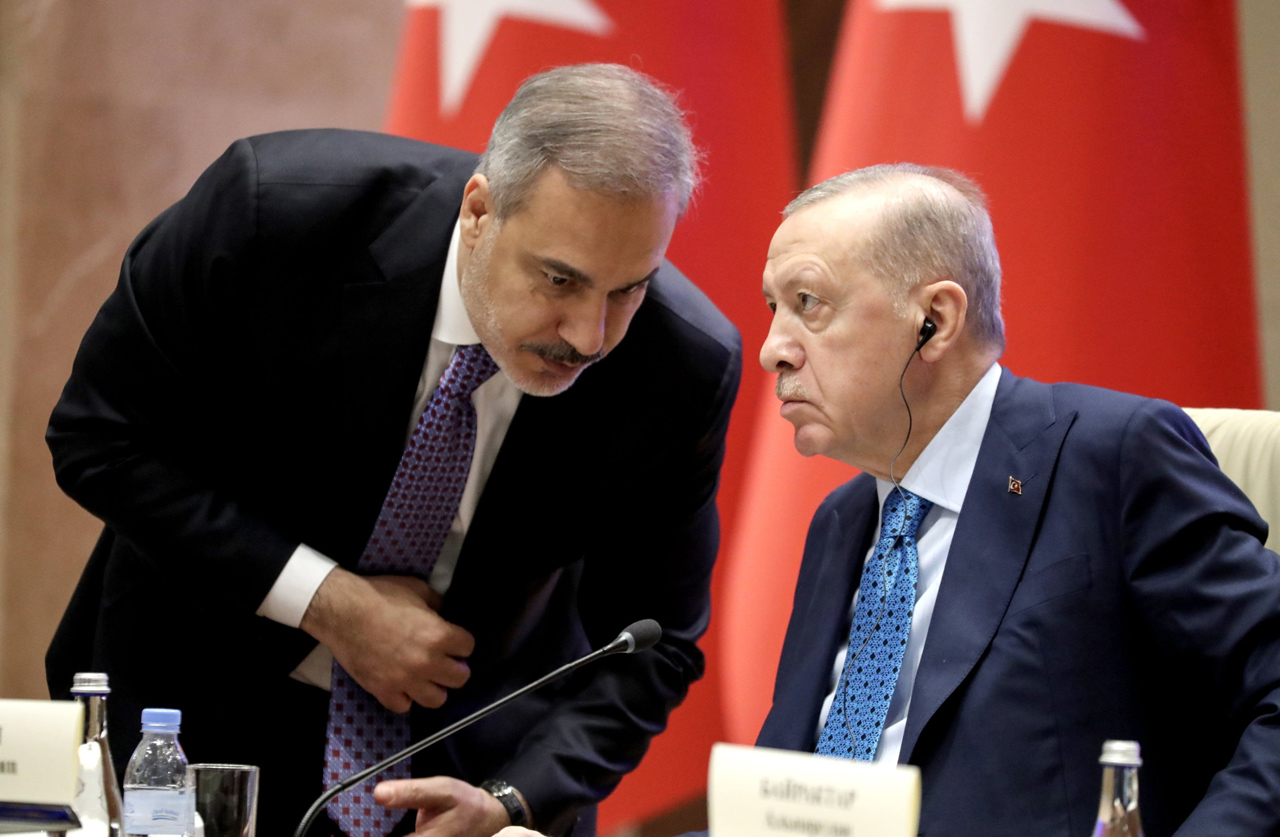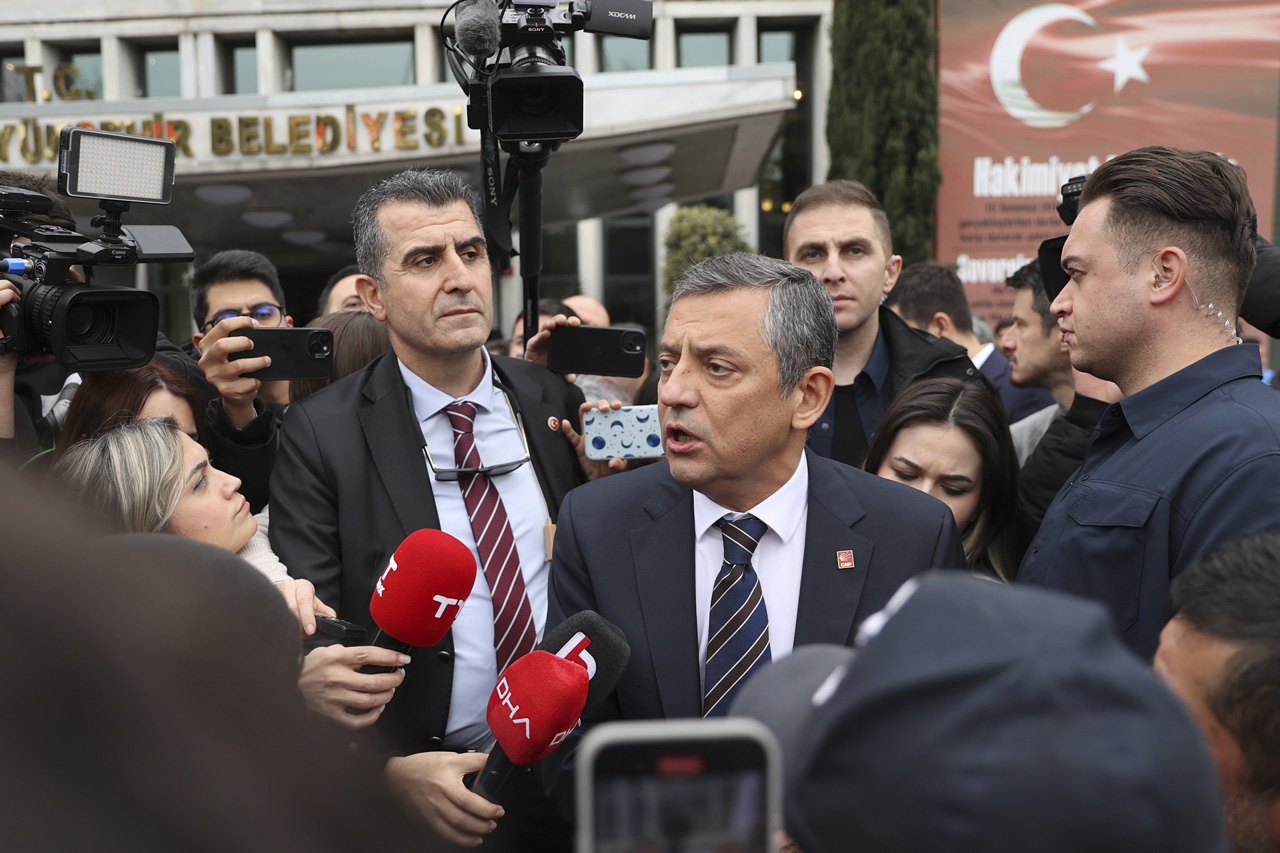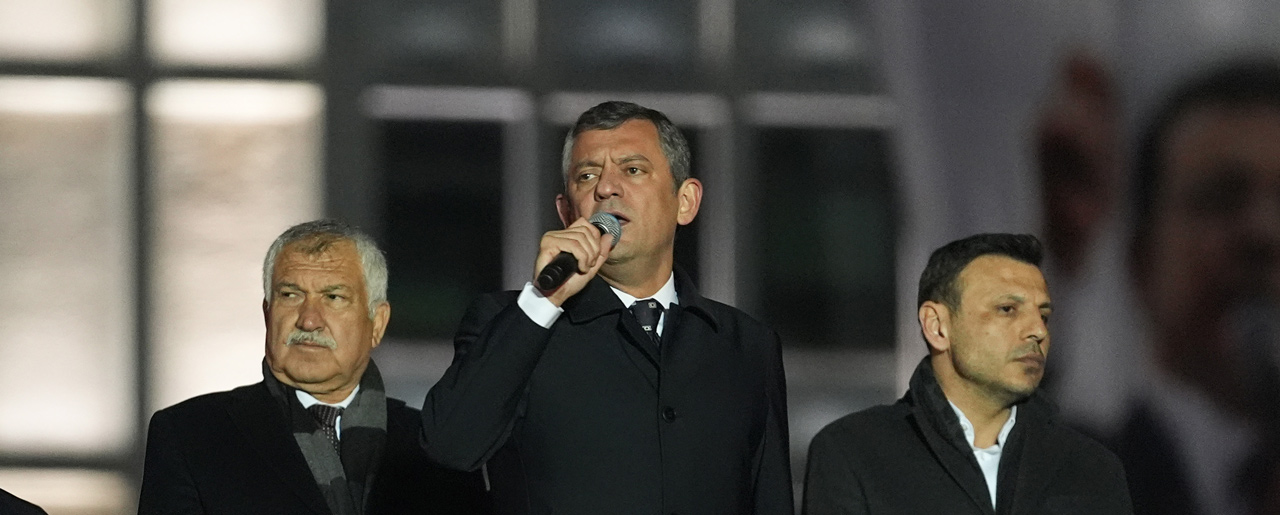The world’s most developed countries convened at the G-20 summit in Brazil to discuss hunger and poverty on a global scale. The possibility of using wealth taxes collected from the rich to address the needs of underdeveloped regions has long been a key topic on the G-20’s agenda. Additionally, reforming global governance institutions was also on the table. While these issues were the main focus in Rio de Janeiro, the leaders’ summit unfolded under the shadow of existing chaos and conflicts in the international system, with the potential for these to deepen during Donald Trump’s second term. Concerns in Europe over the incoming United States president are steadily increasing.
Since Russian President Vladimir Putin launched a "special military operation" in Ukraine, fears of being “on the brink of a world war” have surged with each new development. U.S. President-elect Donald Trump’s promise to "end wars" has spurred the current administrations in Europe and the U.S. to take new actions against Putin in the two-month interim period. U.S. President Joe Biden's administration has authorized Ukraine to use the supersonic tactical ballistic missiles supplied to them to strike Russian territory.
Following German Chancellor Olaf Scholz's call to Putin to de-escalate tensions, Russia intensified its attacks. The Russian leader also adopted a doctrine permitting the use of nuclear weapons in the event of a major assault on Russian territory. Putin signed a decree stating that if Ukraine strikes Russia with U.S. missiles, it would constitute a "joint attack."
From the outset of the war, Putin has repeatedly threatened to use nuclear weapons if "red lines are crossed." However, this has yet to materialize. Even though the U.S. and European countries have provided Ukraine with numerous weapons that Putin previously deemed as crossing those lines, the "nuclear threat" has remained a deterrent rather than a reality.
Until Trump takes office, the situation in both the Ukraine-Russia conflict and the Israel-Palestine war could worsen. European media outlets have, for several days, been calling for “more reliable guarantees for Ukraine” and warning against over-reliance on Washington. Analyses suggest that granting Russia any significant concessions over Ukraine, which could tilt the balance of power, would compromise Europe’s security. Until Trump assumes office, Europe’s state of “apprehension” and the Biden administration’s moves to complicate Trump’s position indicate that the next two months will be challenging.
It is clear that the Russia-Ukraine war has reached a new turning point. This poses a serious paradox for Europe. While European leaders believe Russia must be restrained, harsher measures against Russia could provoke greater aggression from Putin. Resolving this contradiction is one of the most significant short- and medium-term challenges for Europe.
